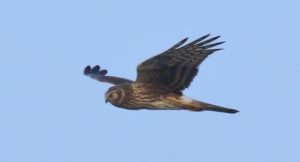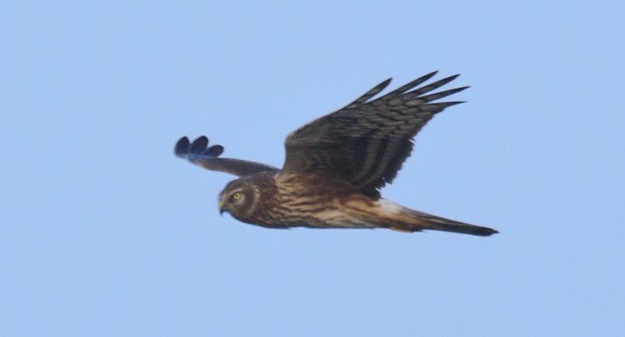 BASC has expressed disappointment at the RSPB’s withdrawal from the Hen Harrier Action Plan but rejects the society’s claims that licensing grouse moors will benefit the raptor.
BASC has expressed disappointment at the RSPB’s withdrawal from the Hen Harrier Action Plan but rejects the society’s claims that licensing grouse moors will benefit the raptor.
The Hen Harrier Action Plan, produced by stakeholder organisations working with Defra and Natural England, seeks to increase the number of hen harriers through the implementation of six initiatives. These include a reintroduction programme, nest and winter roost protection and diversionary feeding.
The RSPB has now abandoned the programme just seven months after its introduction, but BASC believes sustained co-operation between organisations remains the only way forward for hen harriers.
Glynn Evans, BASC’s head of game and deer management, said: “We are saddened that the RSPB has walked away from the recovery programme before it even had a chance to bed in. They have left before the development of some aspects of the plan could begin. There is no way the success or otherwise of such a scheme can be accurately assessed after only seven months.
“A lot of work went into establishing the six long-term actions which stakeholders and groups believed would help stabilize then, ultimately, increase population levels of these rare birds.
“Although the Defra action plan has only been in place since January, for the previous twelve years BASC advocated co-operation as the key to resolving conflicts, building confidence and ensuring the future of hen harriers. We will continue to work to see this achieved. It is sad that the RSPB no longer want to be part of such a process.”
The RSPB claims that licensing grouse moors will increase numbers of the ground-nesting hen harrier, but BASC says that should not be considered a workable alternative to Defra’s recovery plan.
BASC chairman Peter Glenser said: “The protection of hen harriers can only come through organisations working together. It is easy to blame grouse moors and gamekeepers, rather than considering other impact factors, such as disturbance and climate. Nothing is achieved by targeting one particular group and attempting to place all the blame on their shoulders.
“Gamekeepers and estates work hard to ensure the sustainability of grouse moors, many of which are globally recognised for the conservation of nationally important species.
“There are already effective procedures in place to deal with estates which breach regulations, there is no need for more licensing. BASC has worked as part of the Raptor Persecution Priority Delivery Groups to tackle the small minority who illegally target protected species.”
